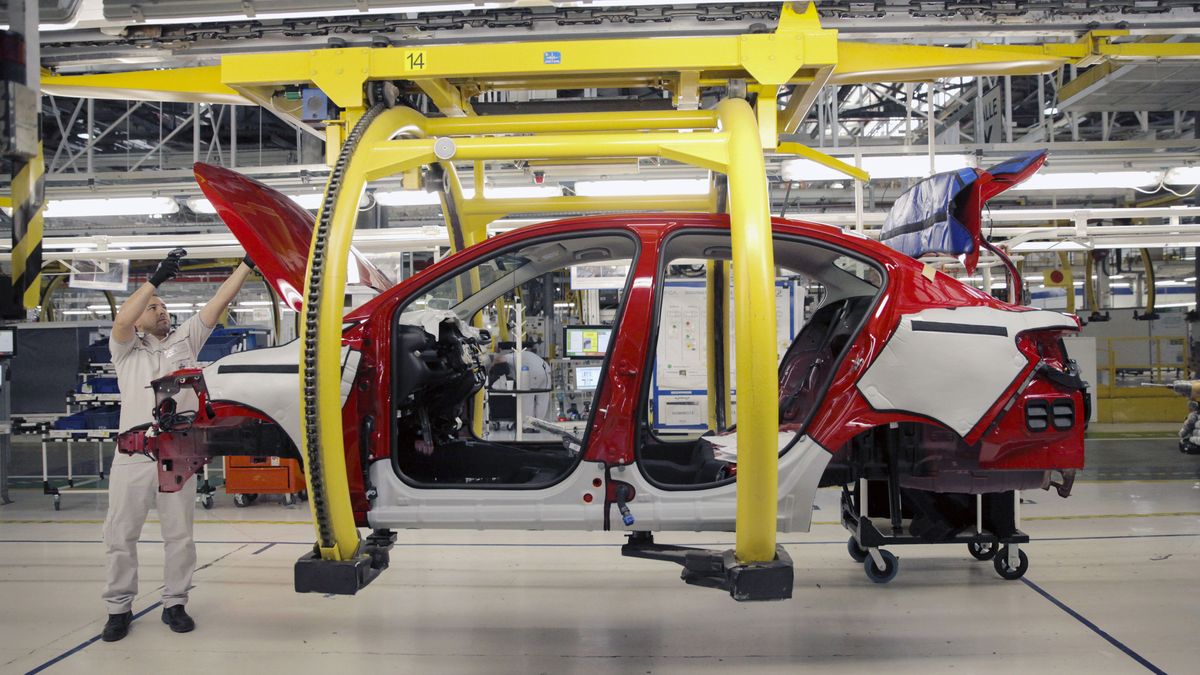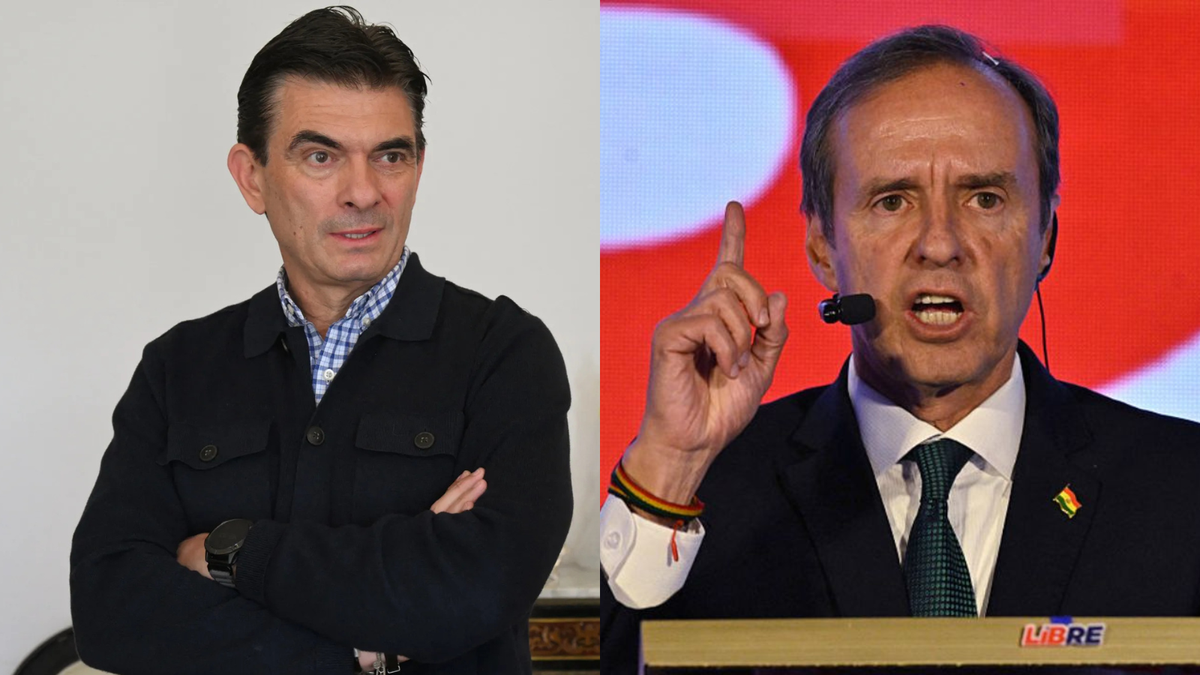The Secretary of Commerce Pablo Lavigne and his work pair, Julio Cordero, They participated this week in the annual meeting of the automotive value chain. Despite the serious crisis in activity affecting the sector, there were no bombastic announcements. The officials left three promises for businessmen: labor reform, debureaucratization and access to credit. Meanwhile, the president of the Brazilian Development Bank anticipated Ambit Lula’s multimillion-dollar plan for the industry that undermines local manufacturers.
The crisis in the manufacturing sector worsens. There are sectors that have accumulated three or even four months with double-digit drops in activity. The panorama that emerges is complex: the internal market is shrinking, the effect of exchange competitiveness due to the devaluation has run out and Brazil is making multimillion-dollar disbursements to promote its industrial policy.
With this panorama, businessmen who have their factories installed in the country move between concern for the short term and the expectation that the ordering of the macroeconomy and structural reforms will produce a change in the medium term. That climate was graphed by four attendees Automechanika Buenos Aires 2024, the annual meeting of the automotive industry that took place in Rural.
Representing the Government were the secretaries of Commerce and Labor, Pablo Lavigne and Julio Cordero. Both spoke in front of the businessmen, but they did so very briefly. There was no detailed description of the situation, nor an analysis of the strategic direction of the sector and even less predictions of a “v” recovery. But They left three promises: labor reform, debureaucratization and access to credit.
The three promises
The first to speak was Cordero, he implied that labor laws have to be “realistic” and “applicable.” Thus, he indirectly referred to the labor reform: “There is a decision in the Ministry of Labor to create all the instruments so that there is more production and more work,” said.
The labor package of the Government was reflected in the mega decree that President Javier Milei signed last December, but It is stopped by Justice. The Radical Civic Union presented this week a bill that replicates the content of the DNU, although the path that this proposal may take in Congress is still uncertain.
For its part, Lavigne pointed out that the Government is creating a new role for the area of Commerce and Industry: “We don’t want businessmen in the hallways of the Secretariat, we want them in companies, making them more efficient,” he summarized. The key word is debureaucratization. Milei wants the State to get out of industrial policy and that is clear in the non-execution of the budget items that were intended for that purpose.
Lula’s plan
Meanwhile, Brazil, which is the main trading partner and also a competitor in the region, is promoting a mega-million dollar plan to attract investments. In an exclusive dialogue with Ámbito, the president of the National Bank for Economic and Social Development, Aloizio Mercadante anticipated thate Lula will make available 271 billion reais in the form of credit, 21 billion in non-refundable contributions and 8 billion in capital investments until 2026.
Local manufacturers know this and it is one of the main concerns. They see how every day the international media reports on a new investment announcement in the neighboring country. In Argentina, Orlando Ferreres data shows an enormous collapse in gross capital formation in the first three months of Javier Milei: -16.7%, -14.5% and -12.2%, respectively.
P8 – auto-imported_opt.jpeg
In Argentina, Orlando Ferreres data marks an enormous collapse in gross capital formation in the first three months of Javier Milei
Banco Nación and the lowering of rates
Returning to the meeting with businessmen, the Secretary of Commerce said that the State will move away from its role as borrower next year, so that this financing is turned over to the private sector. As Ámbito learned, with the last rate reduction ordered by the Central Bank, The Nation made the decision to offer small and medium-sized companies lines with an annual nominal rate of 42%.
Although credits at negative rates abound, at the moment there is little appetite for financing on the part of firms. There are no sales, there is no production and the use of installed capacity falls month by month. Paraphrasing the most famous advertising in the auto parts sector, the economy: Does it start or not?
Source: Ambito




